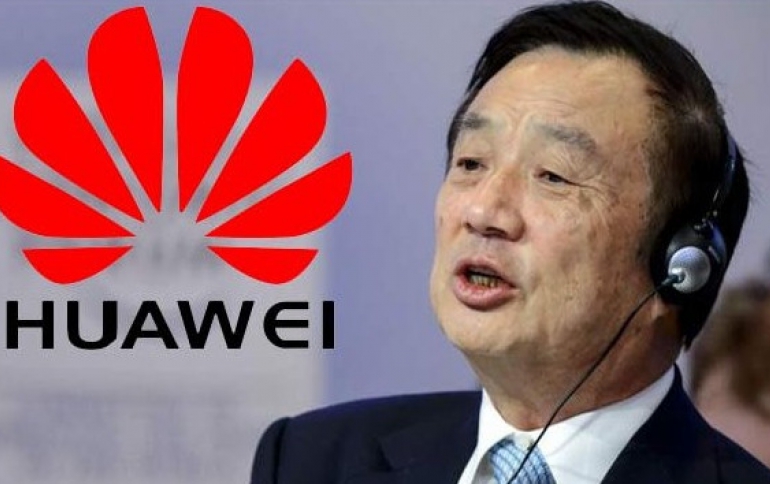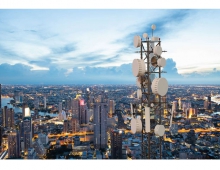
Huawei Says it Can Make 5G Base Stations Without U.S. Parts
Huawei Technologies Co Ltd’s founder and CEO Ren Zhengfei said on Thursday the company is producing 5G base stations that are free of U.S. components and plans to increase production next year.
From October, the company will be producing 5,000 of the 5G mobile communications base stations per month, and next year it plans to make about 1.5 million stations, Ren said during a live-streamed discussion with visiting foreign academics.
“We carried out the testing in August and September, and from October on we will start scale production, at 5,000 units a month,” Ren said.
“So our production capacity this year will be 600,000 and we expect that figure to go up to 1.5 million next year.”
The performance of these U.S.-free base stations is "not worse" than the previous ones, Will Zhang, Huawei’s president of corporate strategy, told Reuters.
Ren Zhengfei also once again said that his company is ready to license full portfolio of 5G wireless technology -- which would include chip designs, hardware and source code -- exclusively to one other company only -- and he wants that potential arch-rival to be American. European competitors like Nokia Oyj and Ericsson AB doesn’t need help to compete, he added.
Huawei, accused by Donald Trump’s administration of aiding Beijing in spying while spearheading China’s tech-superpower ambitions, is trying to regain trust for its products.
Huawei has been on a U.S. trade blacklist since May over concerns that its equipment could be used by Beijing to spy. Huawei has repeatedly denied such allegations, but has taken steps to minimize the impact. U.S. sanctions cut off Huawei’s access to essential U.S. technologies.
Ren reaffirmed an earlier estimate that U.S. sanctions could depress the company’s sales by $10 billion annually.
Huawei has been accused that its advanced intellectual property required for 5G products has been "stolen" from western companies such as Cisco Systems Inc. and Motorola Solutions Inc. Ren and his executives credit years of investment and research.
The wireless giant is now accelerating spending on artificial intelligence chips and mobile software. The company has already announced the high-end Huawei Mate 30 series of smartphones, which pack 5G along with impressive features, but lack access to Google Play and Android apps. The company's engineers are trying to source or develop alternatives to American circuitry and software to keep its edge in smartphones.





















